The smart glasses landscape has been Meta's playground for the past couple of years, and honestly, they've done a pretty impressive job with it. Their Ray-Ban collaboration struck that sweet spot between looking normal and actually being useful, a tougher trick than it sounds. Now Samsung and Google are rolling in with their Android XR platform. They are not just trying to compete. They want to redraw the map.
Samsung's VP of Mobile Product Management, Drew Blackard, says the glasses are "nearing the execution phase", not a distant concept. That breathing room lets Samsung be reactive where it counts, fixing pain points it sees in the market so the first release feels more polished.
Momentum across Android XR helps too. Early prototypes, including Magic Leap's reference design showcased at the Future Investment Initiative, suggest the platform is technically ready. The Android XR revolution is gaining serious momentum heading into 2026, with multiple manufacturers preparing devices that will challenge Meta together rather than in isolation.
All of which means Samsung will not be out there alone. Other Android XR makers and Google's platform support can build consumer familiarity and developer interest in tandem, a sturdier long game than any one company can manage.
The ecosystem battle that will define smart glasses
This fight is bigger than Samsung versus Meta. It is a choice between two visions for how smart glasses fit into daily life. Meta centers on social media and content creation, with AI as a booster for engagement. Samsung leans into productivity, seamless Android tie-ins, and AI as the primary interface for extending the phone into ambient computing.
The Android XR ecosystem balances sleek design with AI-enhanced, immersive capability. That mix could give users the best of both worlds and create durable advantages via network effects. The market looks big enough for both to thrive, with different groups picking the platform that matches how they already live and work.
Consumers stand to gain the most. Meta's head start made smart glasses feel real. Samsung's entry, boosted by Google's platform push and multi-brand partnerships, adds pressure that should speed up innovation and sharpen value.
As the ecosystem battle heats up, expect faster timelines, better features at familiar price points, and, most important, a broader sense that smart glasses are no longer a novelty. Samsung's manufacturing muscle, Google's AI, strong partner ties, and competitive pricing create a serious challenge to Meta's position. That sets the stage for a smart glasses surge that finally makes wearable computing feel inevitable instead of experimental.




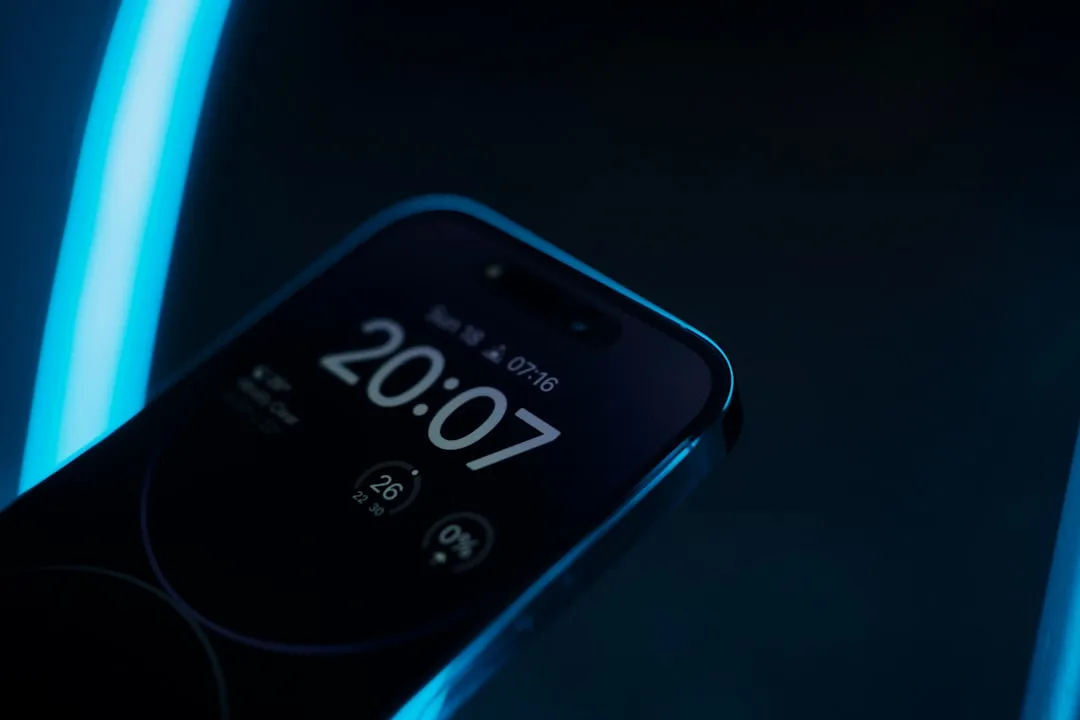

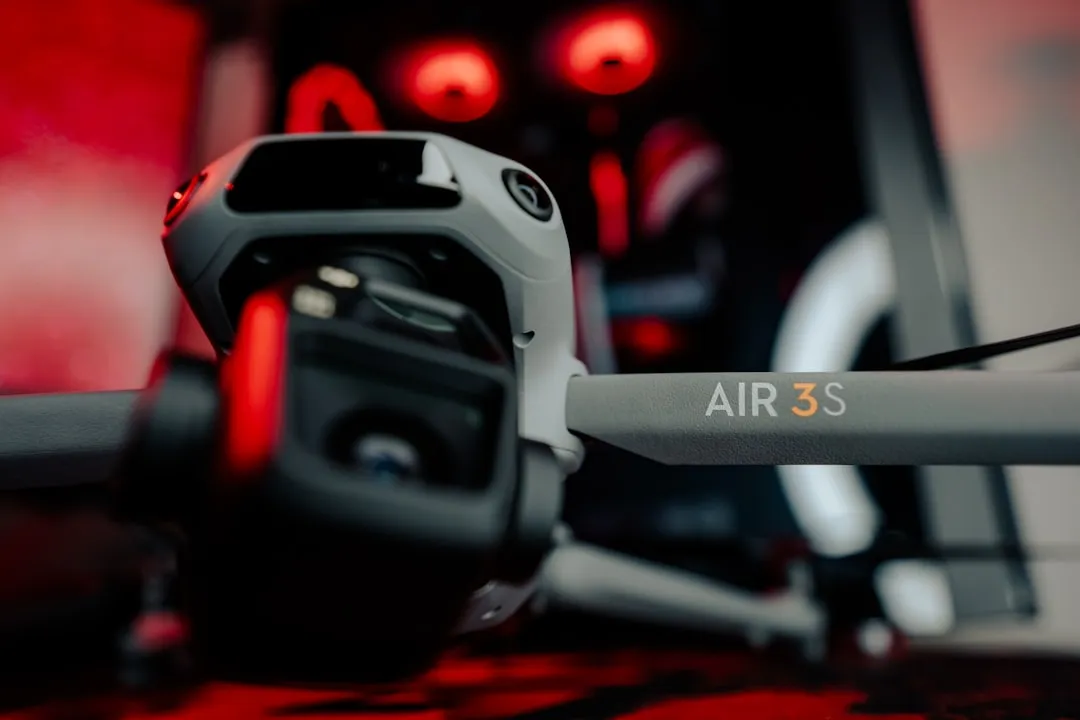

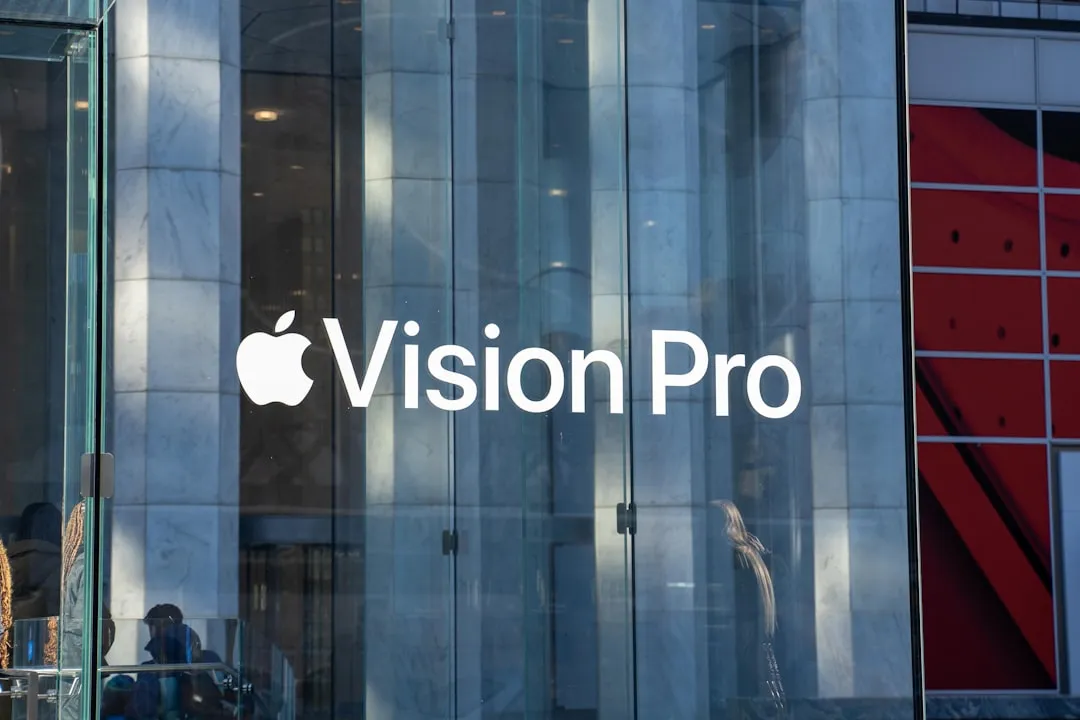

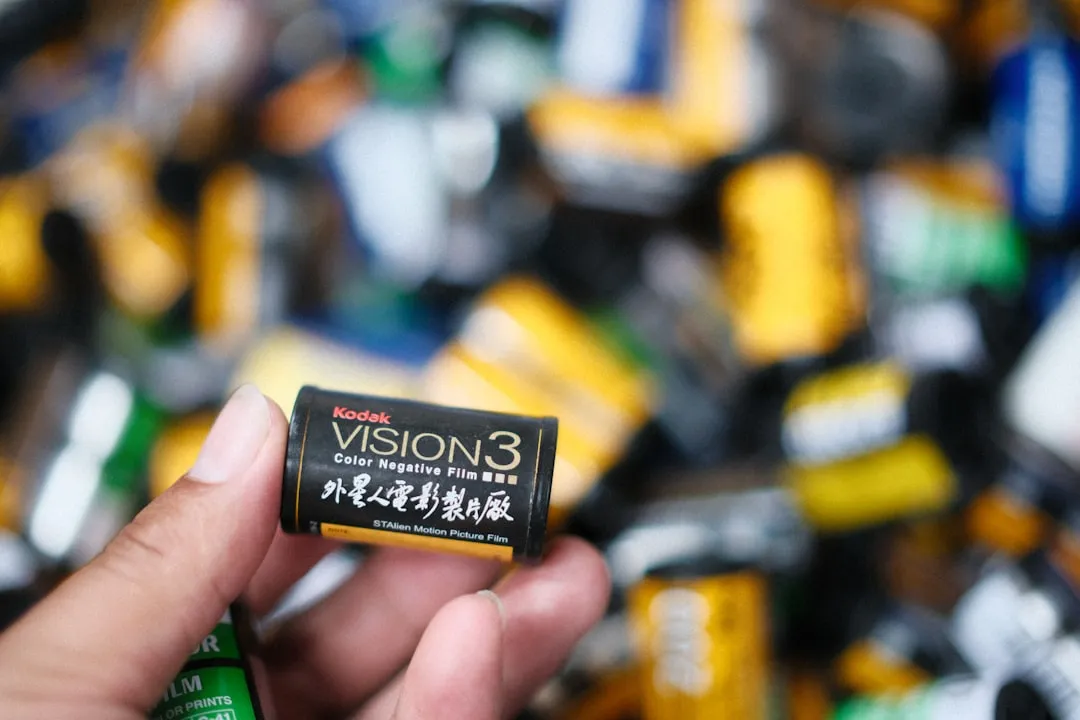
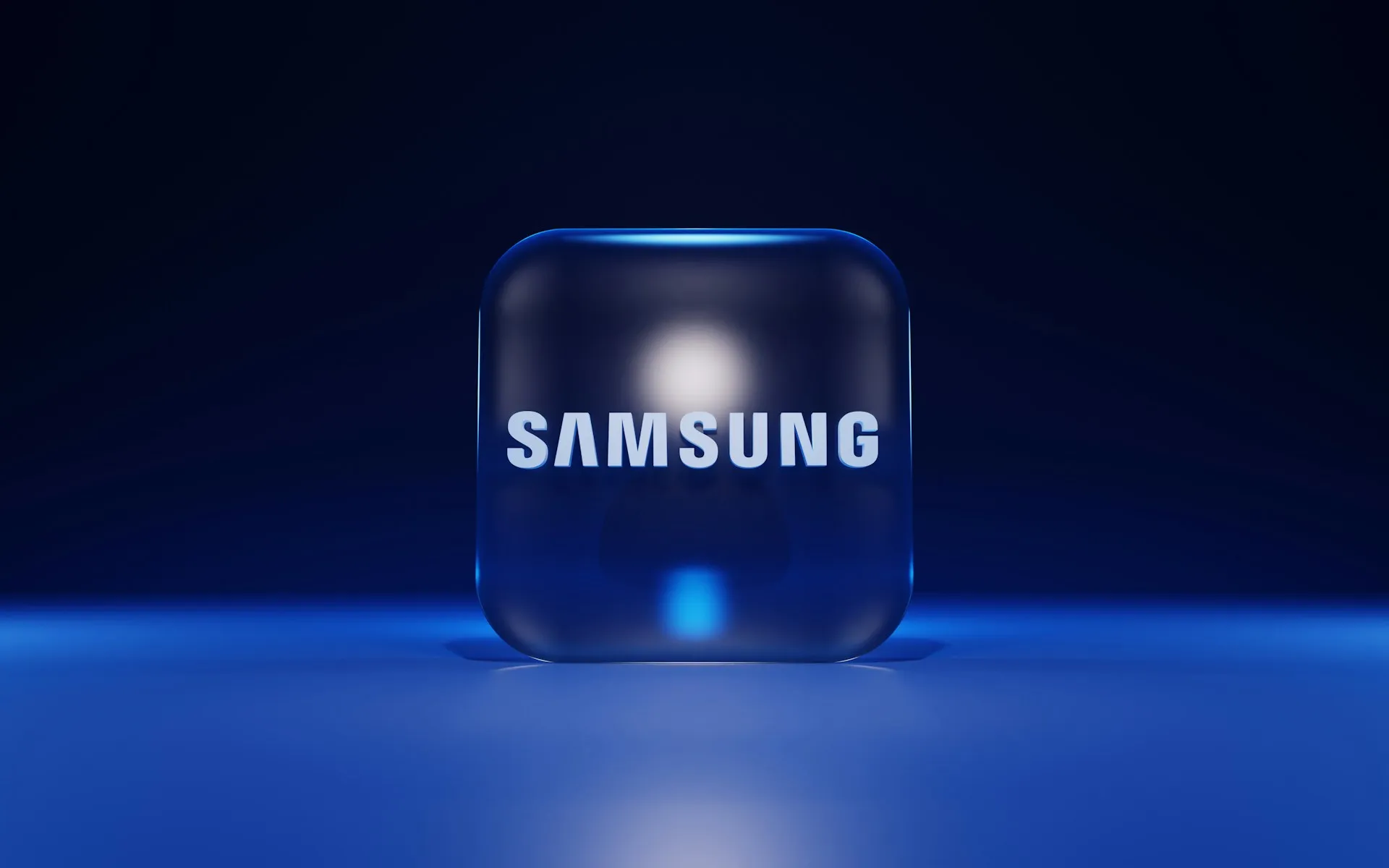

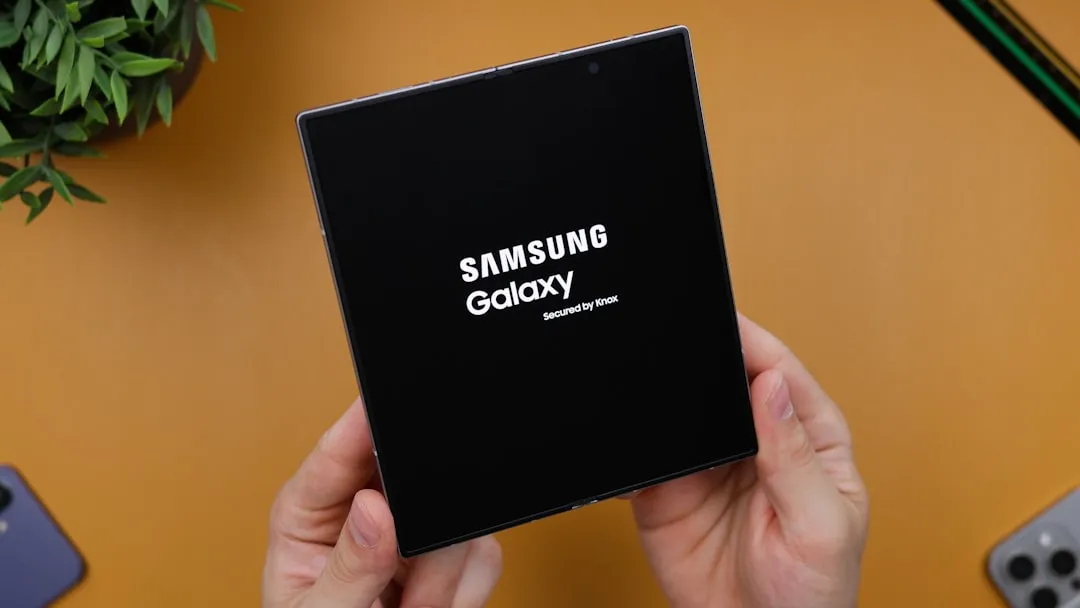





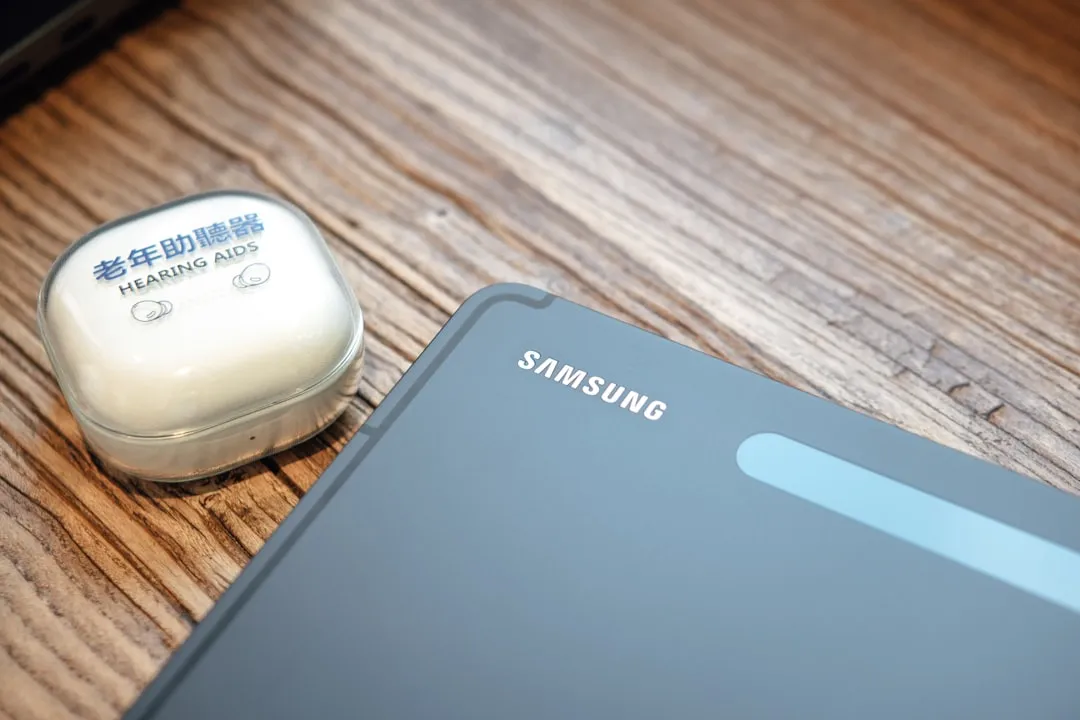



Comments
Be the first, drop a comment!